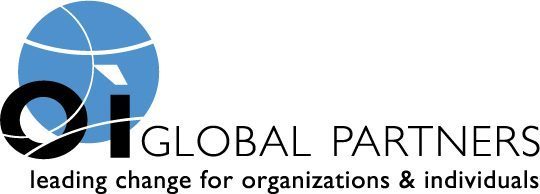Congratulations, you landed an interview! Now what?
- Preparation:
Here’s what you need to bring to the interview:
- Several copies of your resume
- Your reference list
- Company overview from their web site (research the company)
- LinkedIn profiles of interviewer(s) Ask ahead of time who you will interview with
- A portfolio with samples of your work, if relevant
- Questions you will ask when it’s your turn (very important)
Your preparation work should include knowing and being able to articulate your competencies relative to the position you’re being interviewed for. What value could you provide? Your value proposition should be woven into your answers, including sharing stories and expressing an interest in the position.
- Making the initial impression
Arrive 10 minutes before your scheduled interview. Dress to impress. You can always dress down for the 2nd interview if so indicated. Pay attention to non-verbal communication.
- Be mindful. Nonverbal communication speaks volumes.
- Remember that waiting room behaviors may be observed.
- Remember names and refer to people by them.
- Project confidence. Smile, establish eye contact and use a firm handshake.
- Posture counts. Sit up straight yet comfortably. Be aware of nervous gestures such as foot-tapping.
- Be attentive. Don’t stare, but maintain good eye contact, while addressing all aspects of an interviewer’s questions.
- Respect their space. Do not place anything on their desk.
- Manage reactions. Facial expressions provide clues to your feelings. Manage how you react, and project a positive image.
- Answering the interview questions
You may be asked job specific questions, open ended questions, story related questions and behavioral questions.
Every candidate who has ever interviewed should know they will be asked these questions at a minimum:
- Tell me about yourself
- What do you know about our company?
- Why should we hire you?
- Tell me about your strengths and weaknesses
You should never act surprised or be unprepared to answer these common questions. You should practice, rehearse and role play your responses. No ums or ahs. Be sure your answers are not infected with these verbal viruses.
You may also be asked behavioral questions. Interviewers ask questions to determine how successful a candidate will be, given the specific responsibilities of the job. Questions are generally formatted by presenting a situation, inquiring about what action you have taken to respond to something similar in the past, and what the result was. You want to present your experiences as clearly as you can, using real examples, and highlighting situations where you were successful.
There are myriad behavior questions. Examples might include:
- Tell me about a time you had a disagreement with your boss and how it was resolved
- Give an example of how you set goals.
- Asking your questions of the interviewer
As the interviewer is completing their questions of you, they will always ask; do you have any questions for me? Never try to “wing” it by asking a couple of questions from memory. Have your questions written out, open your portfolio and say “yes, I do have questions, do you mind if I take notes? Write down their answers, this will impress them. This is just a sample of questions you might want to ask.
- Why is the position open?
- Who would I report to?
- How will my performance be measured?
- How often are performance reviews?
- Can you provide a written job description?
- What are the skills and competencies you would like to see
- in an ideal candidate?
- How would you describe the culture here?
- Can you describe the on-boarding process?
- Will I have an opportunity to view my working environment?
- Will I have an opportunity to meet my team members?
- What’s the next step? (very important last question)
- Ending the interview
After you’ve had a chance to ask your questions, end by indicating your confidence in your ability to handle the job and your strong interest in the position and thank them for their time. Always ask for a business card. Send a thank you note or email.
Thomas Wharton is President of LIFOCUS CAREER SERVICES an Executive Coaching and Career Coaching firm in Rhode Island, providing Career & Transition Coaching, Outplacement, Executive Coaching, and Assessments. Tom can be reached at 401.884.7959 • twharton@oiglobalpartners.com. • www.lifocus.com •@careercoachTW
Share this post:

No responses yet